8:00 a.m -6:00 p.m
-
-
-
RMZ Ecoworld, Bellandur, Outer Ring Road
8:00 a.m -6:00 p.m
RMZ Ecoworld, Bellandur, Outer Ring Road
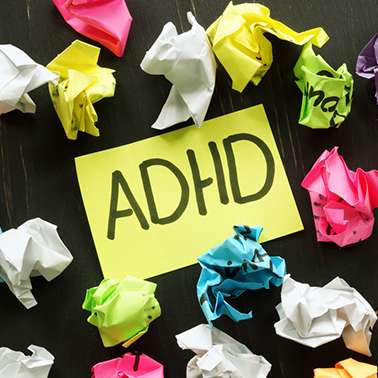
Attention Deficit Hyperactivity Disorder (ADHD) is a common disorder, occurring in around 5% of school-age children and 2.5% of adults, where people who are affected by ADHD typically show high levels of symptoms relating to poor concentration, disorganisation, impulsivity, hyperactivity and mood instability.
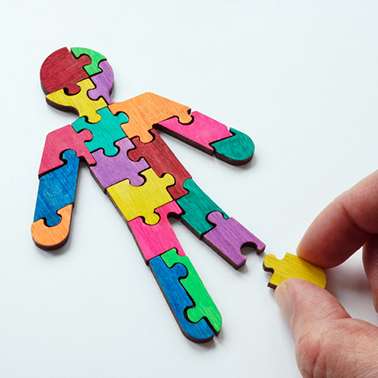
Attention Deficit Hyperactivity Disorder (ADHD) is a condition that is not limited to childhood but can also affect women throughout their lives. On this page, we delve into the distinct aspects of ADHD in women, exploring the diagnosis criteria, symptoms, assessment methods, and available treatments at Manushee.
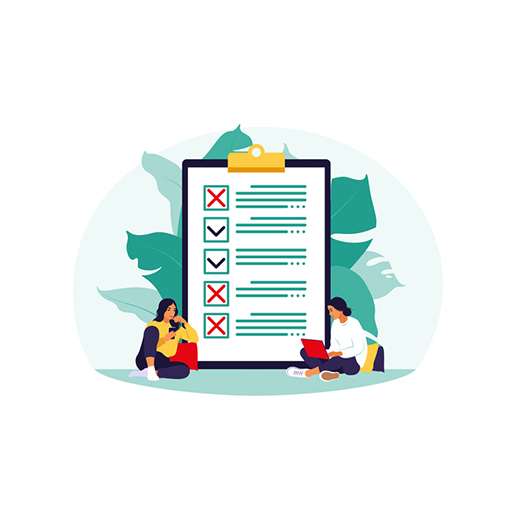

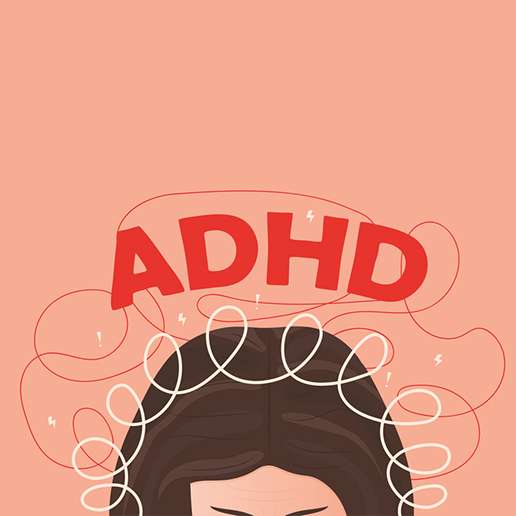
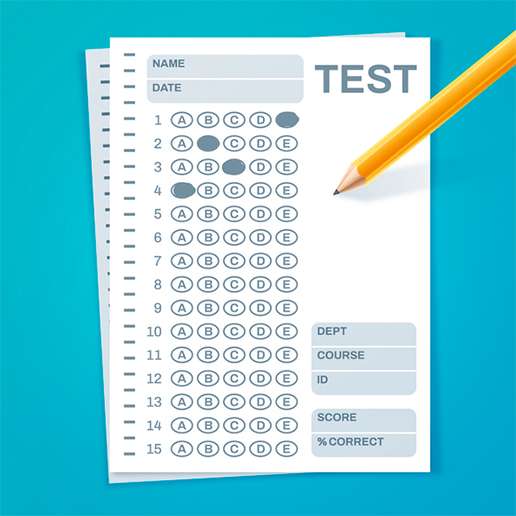
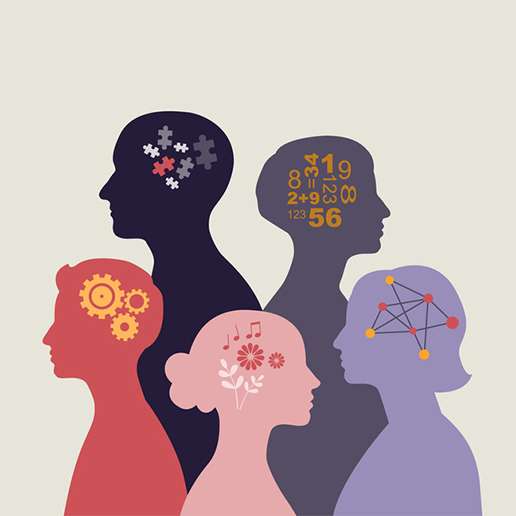

ADHD can disrupt many aspects of daily life, from work and administrative tasks to home life and relationships.